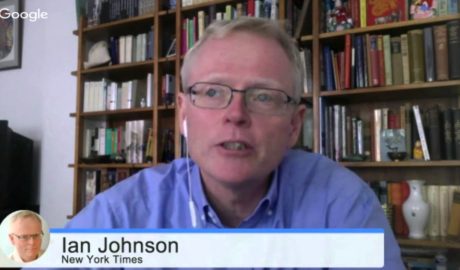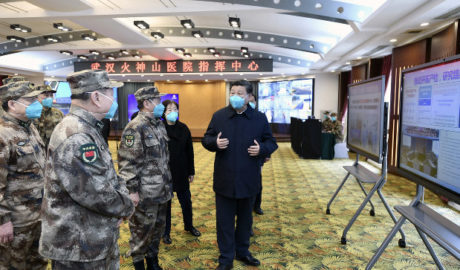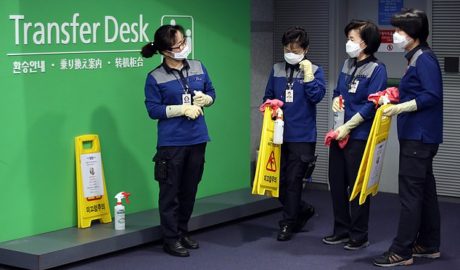Coronavirus: larger effect than the 2008 earthquake – Ian Johnson
Journalist Ian Johnson, author of The Souls of China: The Return of Religion After Mao interviews author and journalist Yuan Ling after he got into quarantine in his home province Shaanxi. “The virus has already had a deeper impact on the people than even the [2008] Sichuan earthquake [that killed 69,000],” Yuan Ling tells Ian Johnson on the phone, for the New York Review of Books.Read More →









